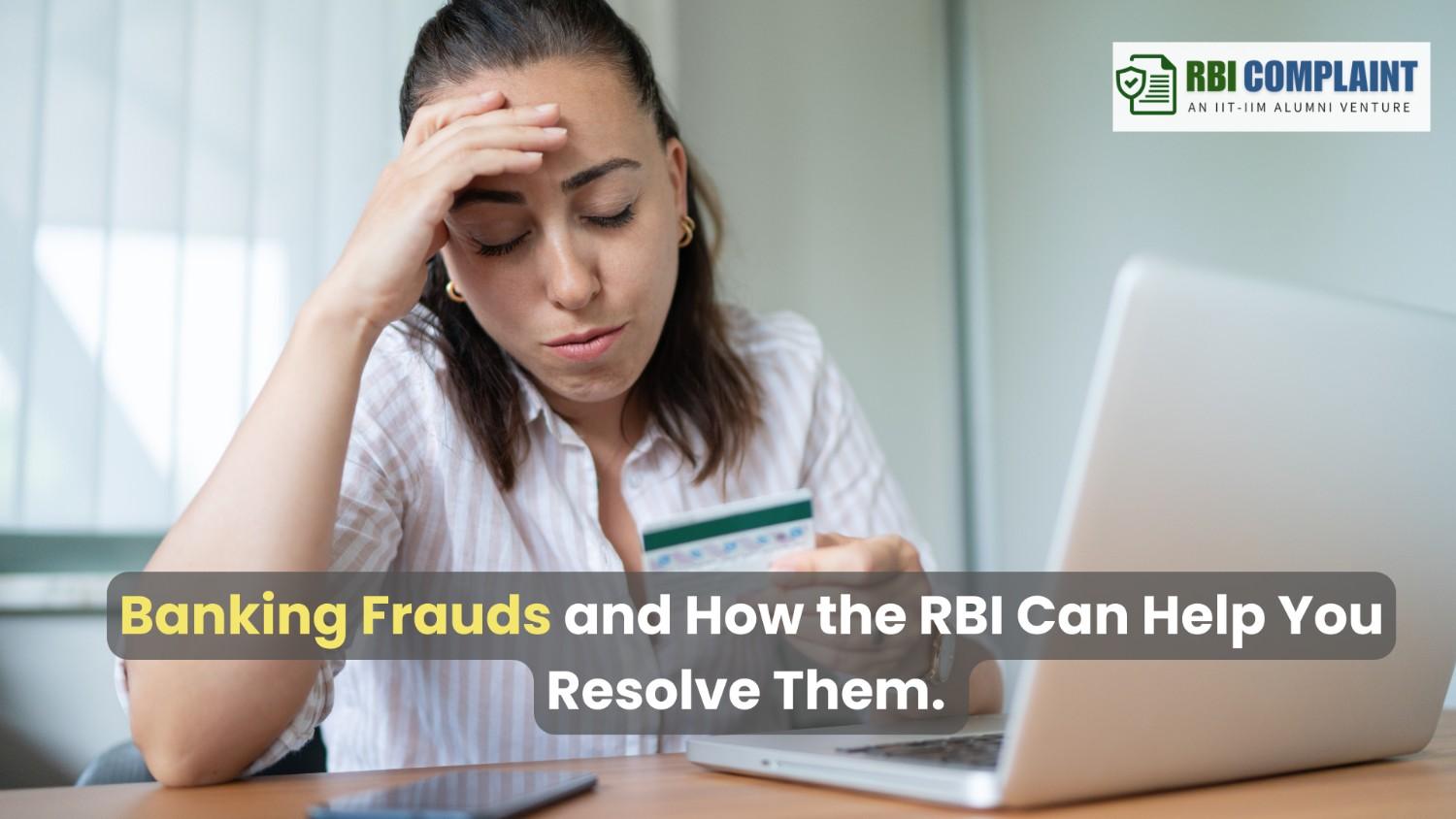
Featured post
Banking Frauds and How the RBI Can Help You Resolve Them
Learn how the RBI can help resolve banking frauds, protect your money, and take action against fraudulent transactions with their complaint process.

Featured post
Learn how the RBI can help resolve banking frauds, protect your money, and take action against fraudulent transactions with their complaint process.
Explore RBI’s Complaint Management System (CMS) and learn how it functions. Understand how to file complaints and track resolutions effectively.
 - How It Works..Dl13hZu7.jpeg)
Discover how the RBI safeguards consumers beyond just handling complaints. Learn about regulations, consumer education, and protective measures.
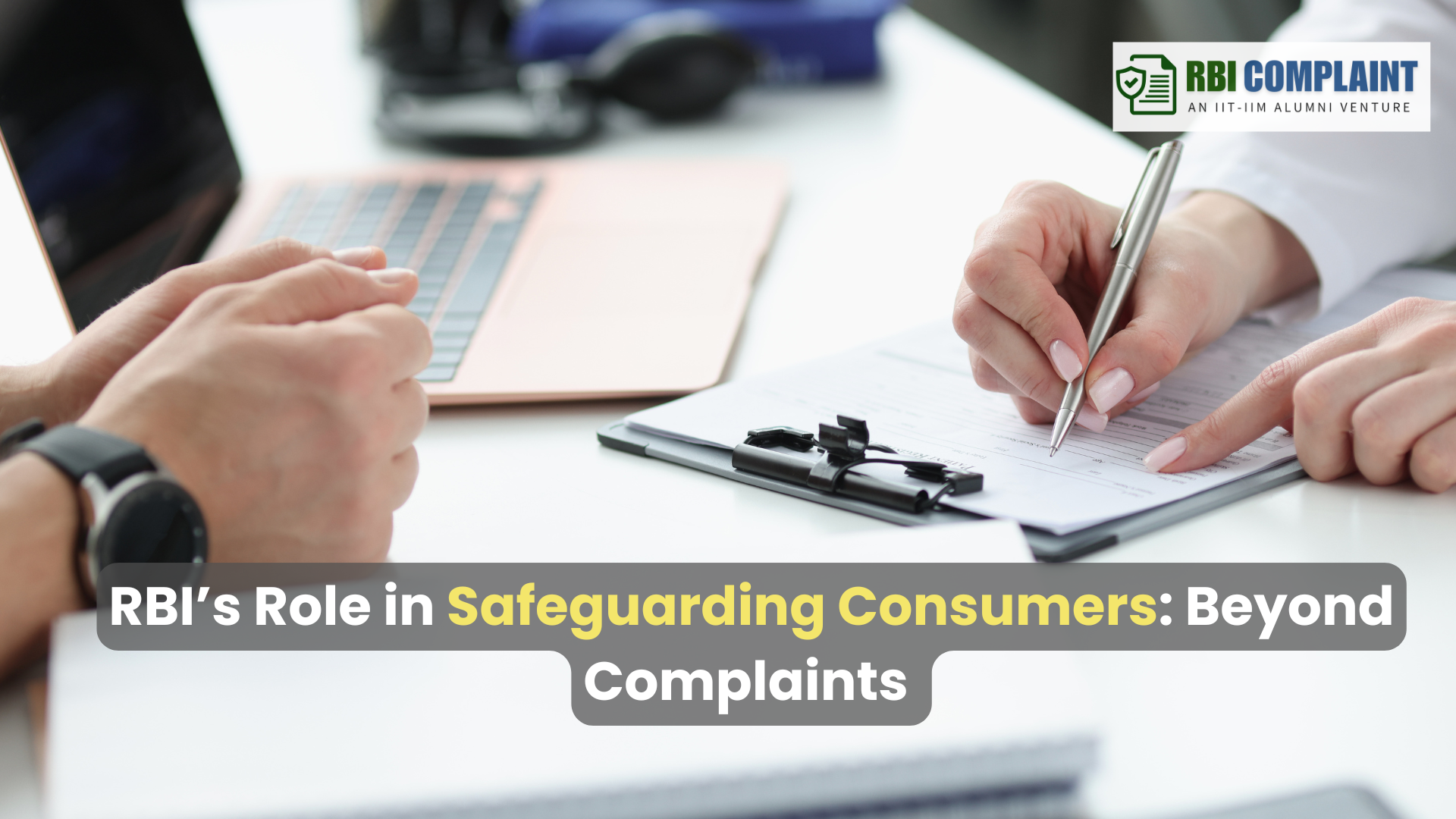
Learn how to track the status of your RBI complaint online. Stay updated on the progress of your banking issue and resolve disputes faster.
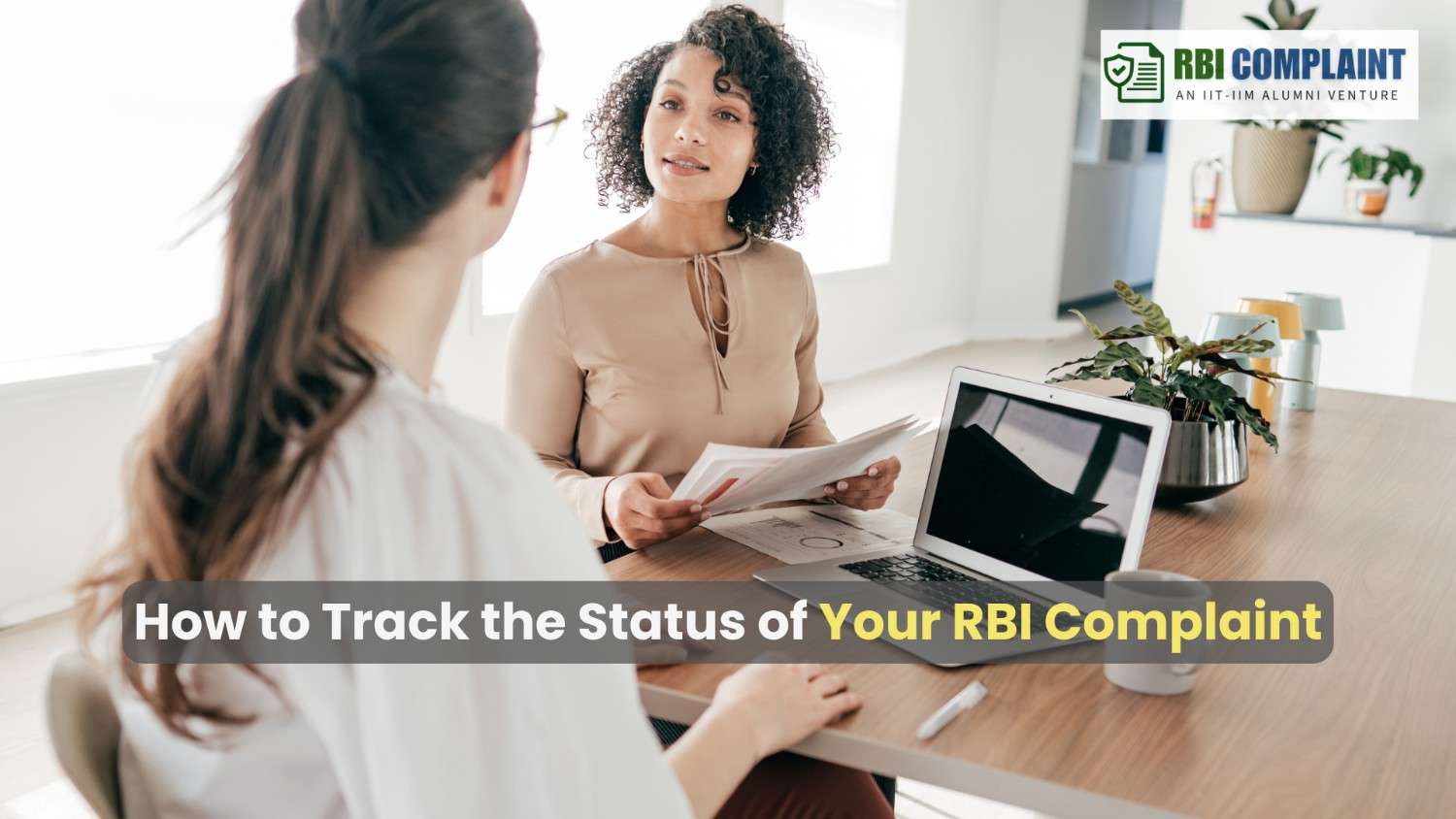
Yes, the Banking Ombudsman has the authority to reject a complaint under certain circumstances. While the Ombudsman’s primary role is to resolve complaints and facilitate a fair resolution between the complainant and the bank or NBFC, there are situations where a complaint may be rejected. Some of the reasons for rejection include:
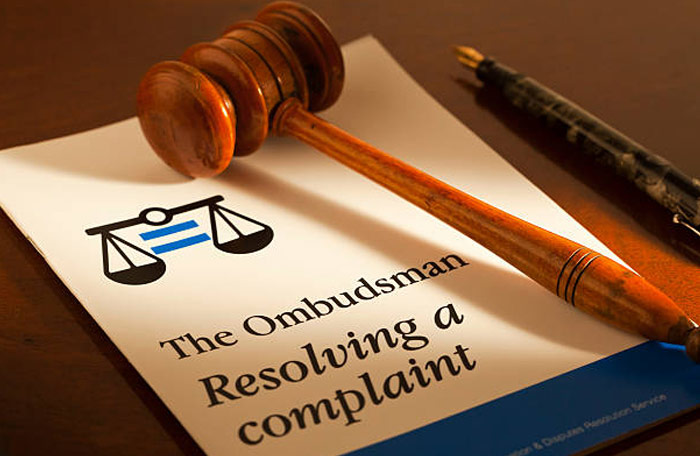
Banks and Non-Banking Financial Companies (NBFCs) are vital pillars of our financial system, serving as essential intermediaries for various financial services. While these institutions strive to maintain ethical practices, there might be instances where consumers face issues that cannot be resolved through regular channels. In such cases, the question arises: Can we take legal action against a bank or NBFC? Let’s explore the circumstances under which legal action is possible and the steps to follow in seeking justice.
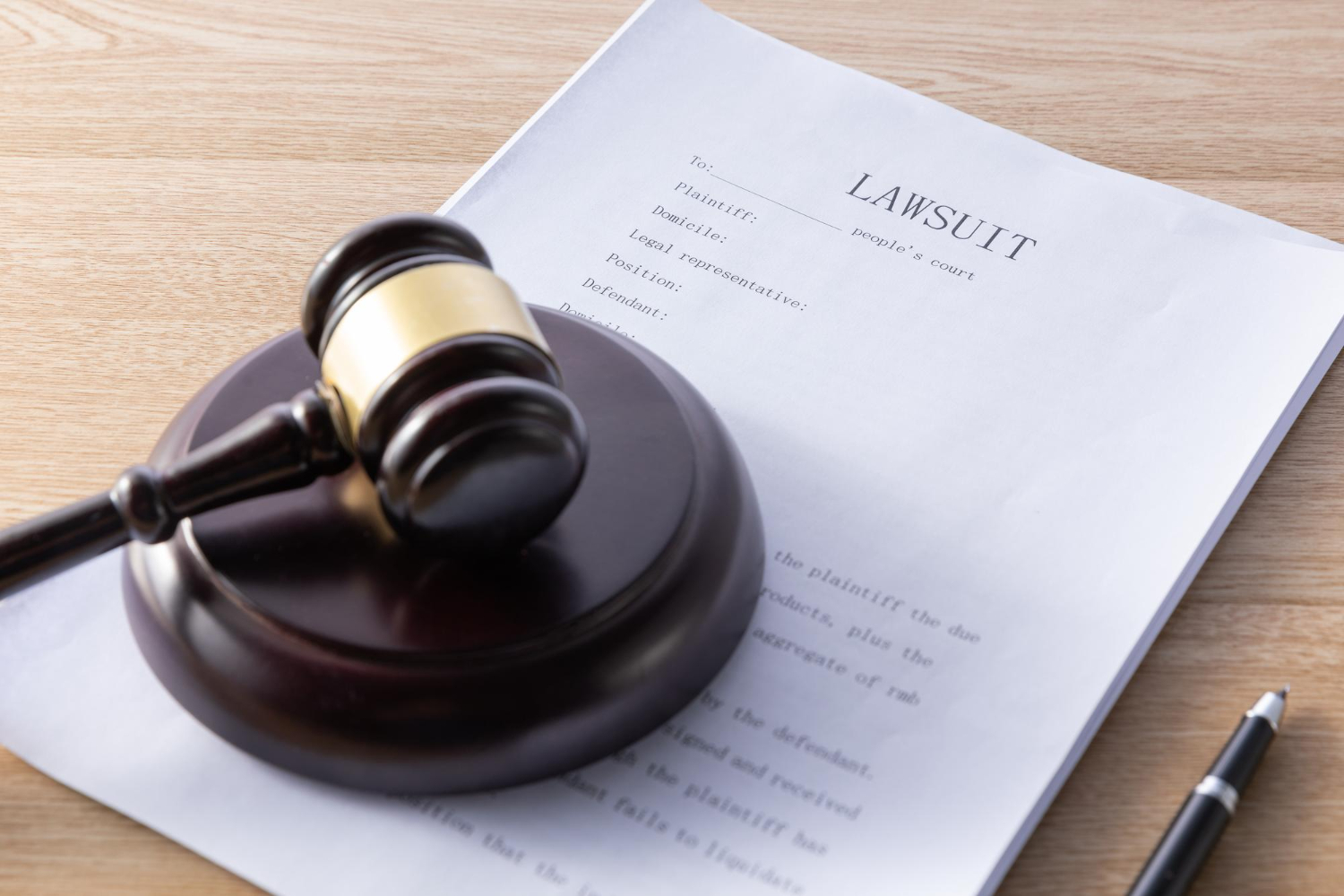
Banks and Non-Banking Financial Companies (NBFCs) play a crucial role in our financial lives, providing us with various services like loans and credit facilities. While most of these institutions maintain ethical practices, some unfortunate individuals might experience recovery harassment during debt collection. Unfair tactics, incessant calls, and aggressive behavior can turn an already stressful situation into a nightmare. If you find yourself facing such an issue, it’s essential to know your rights and how to complain effectively against a bank or NBFC for recovery harassment.
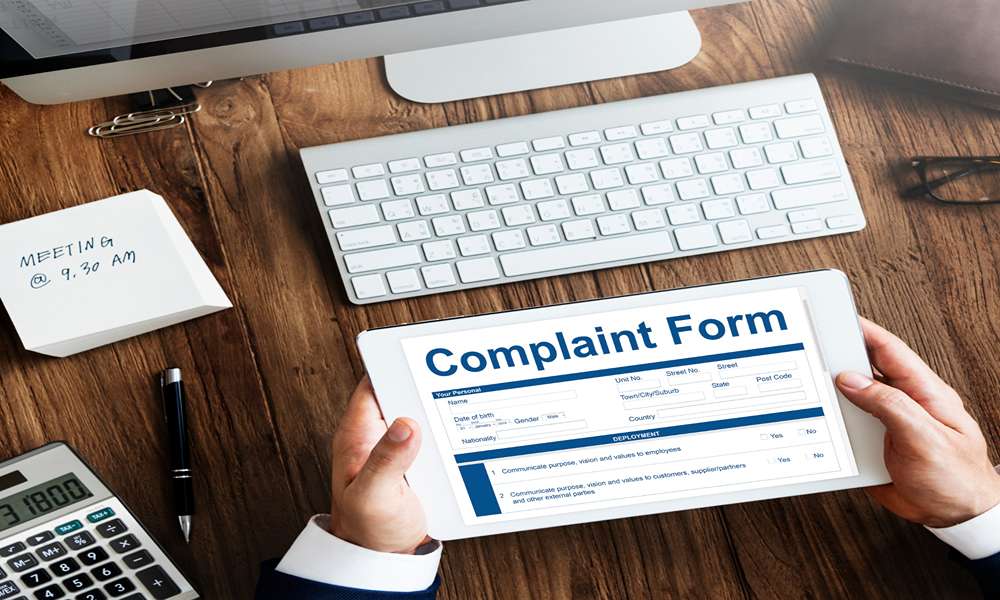
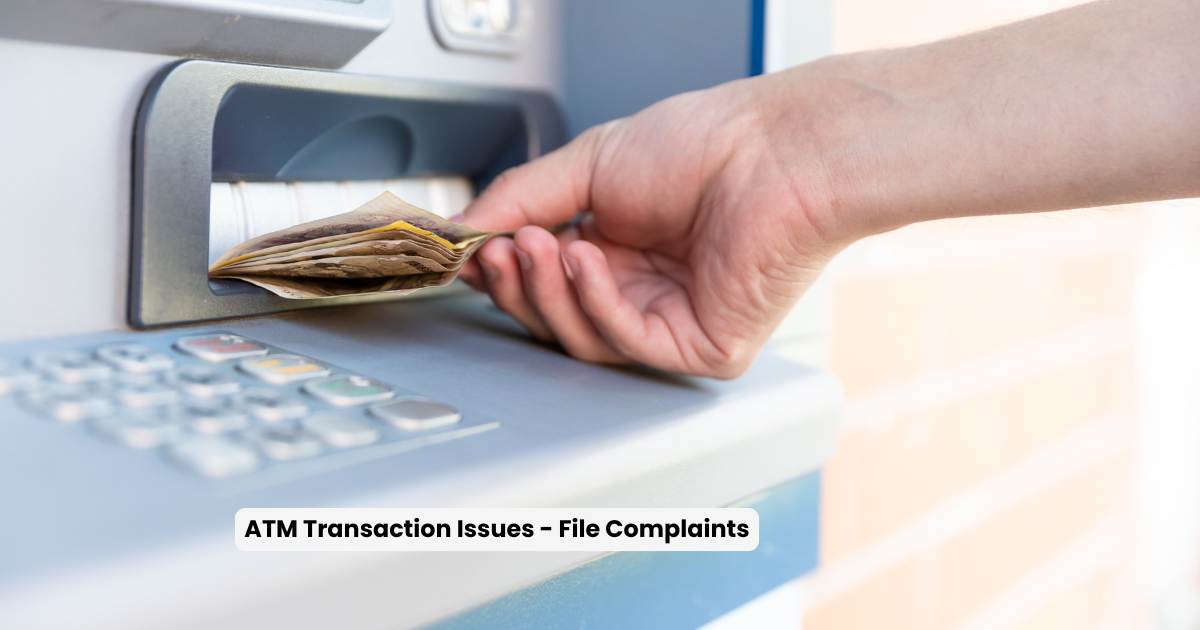
Learn how to file complaints for ATM transaction issues. Complete guide covering bank disputes, RBI complaints, and getting your money back from ATM errors.
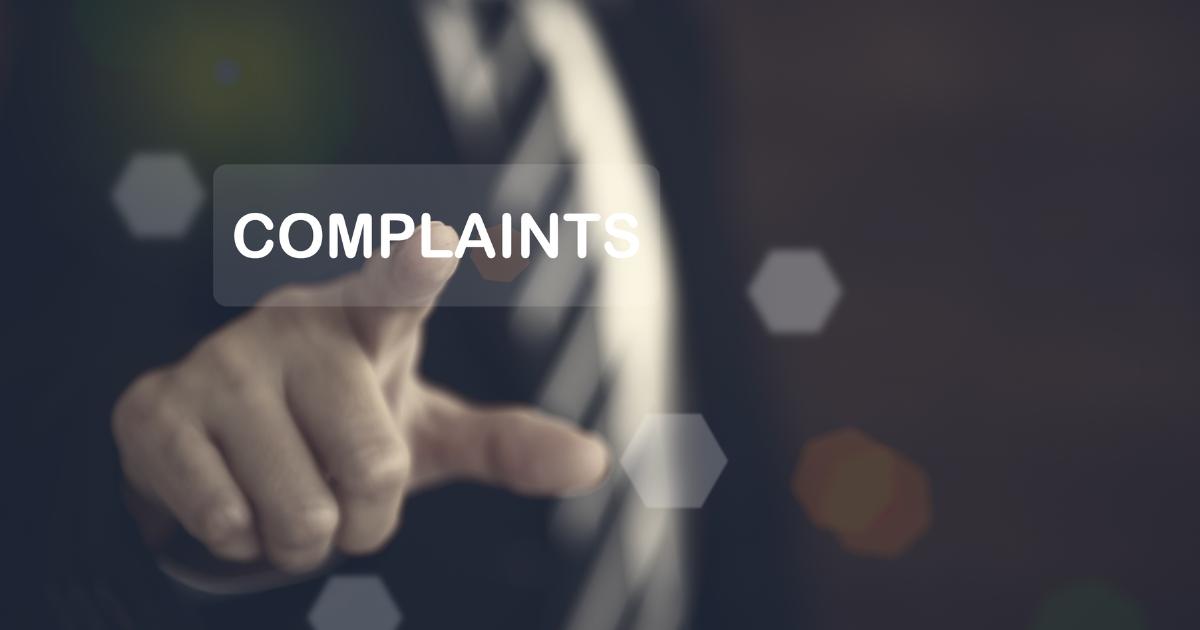
Learn what a Non-Banking Financial Company (NBFC) is and the step-by-step process to file a complaint against an NBFC for unfair practices or disputes in India.
.T75TIjnH.jpg)
Get a clear understanding of RBI guidelines on loan recovery practices, including fair collection methods, borrower protections, and lender responsibilities under the law.
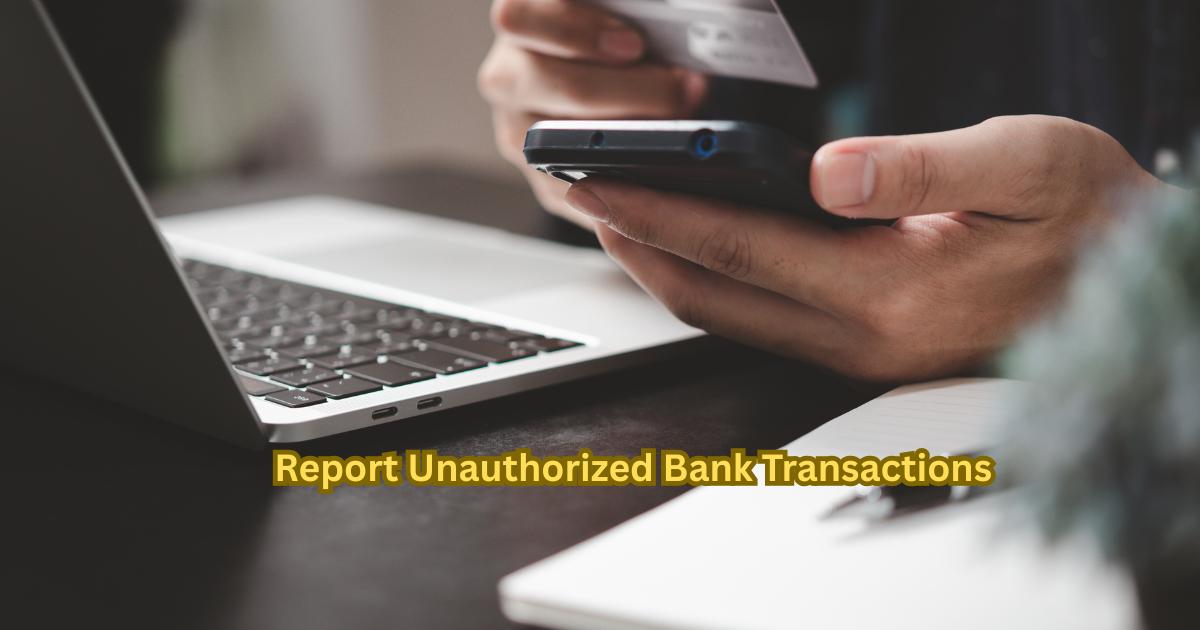
Learn how to report unauthorized bank transactions to the RBI quickly and effectively. Understand the complaint process, timelines, and your rights as a customer.

Learn step-by-step how to draft a strong RBI complaint that gets results. Follow our expert tips and avoid common mistakes.
 (1).B1mrnGQ-.jpg)
Learn how to escalate your unresolved banking complaints to the RBI using the Integrated Ombudsman Scheme. Step-by-step process, documents needed, timelines, and tips included.